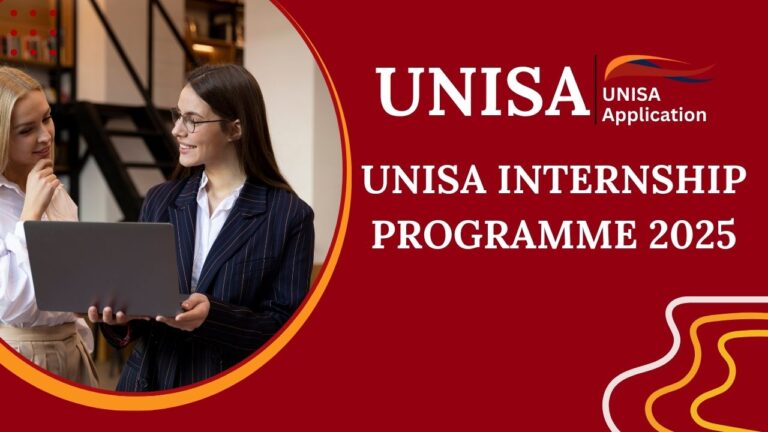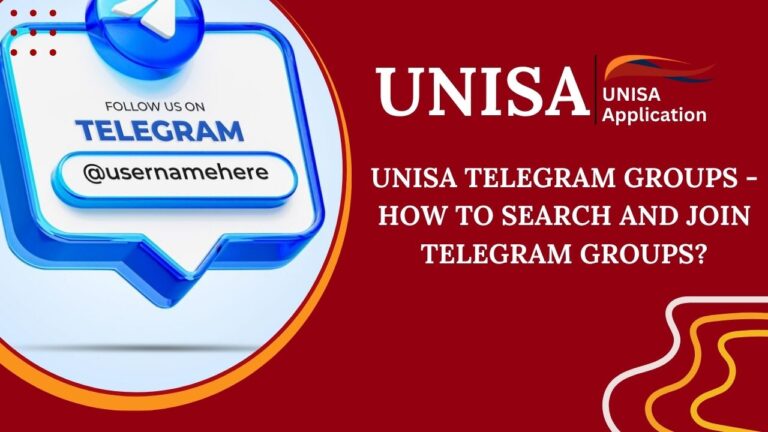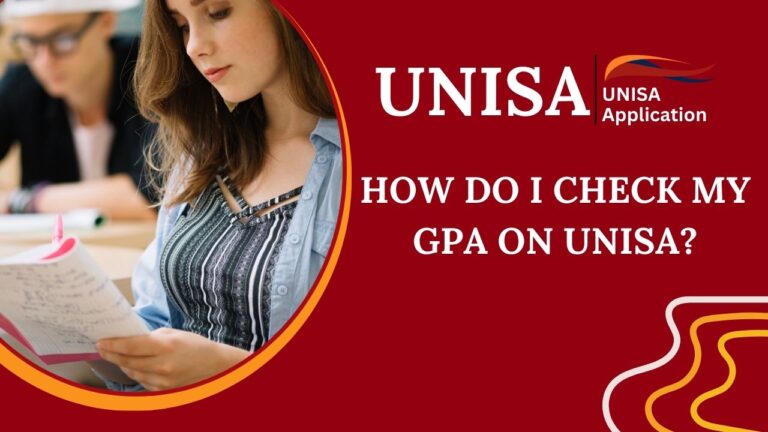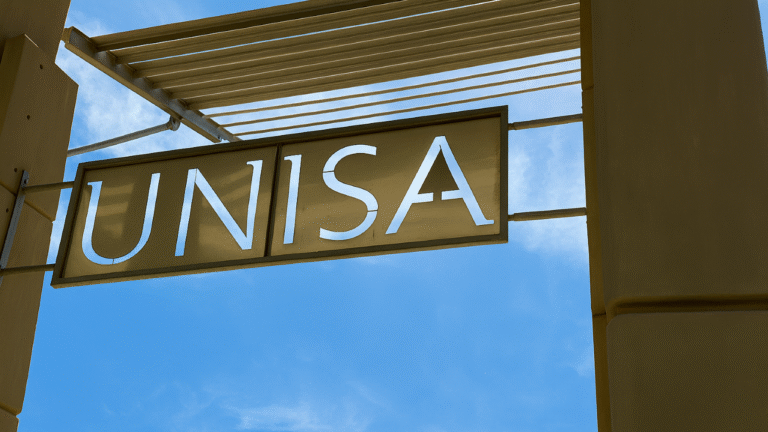Does NSFAS Provide Support for Students With Disabilities?
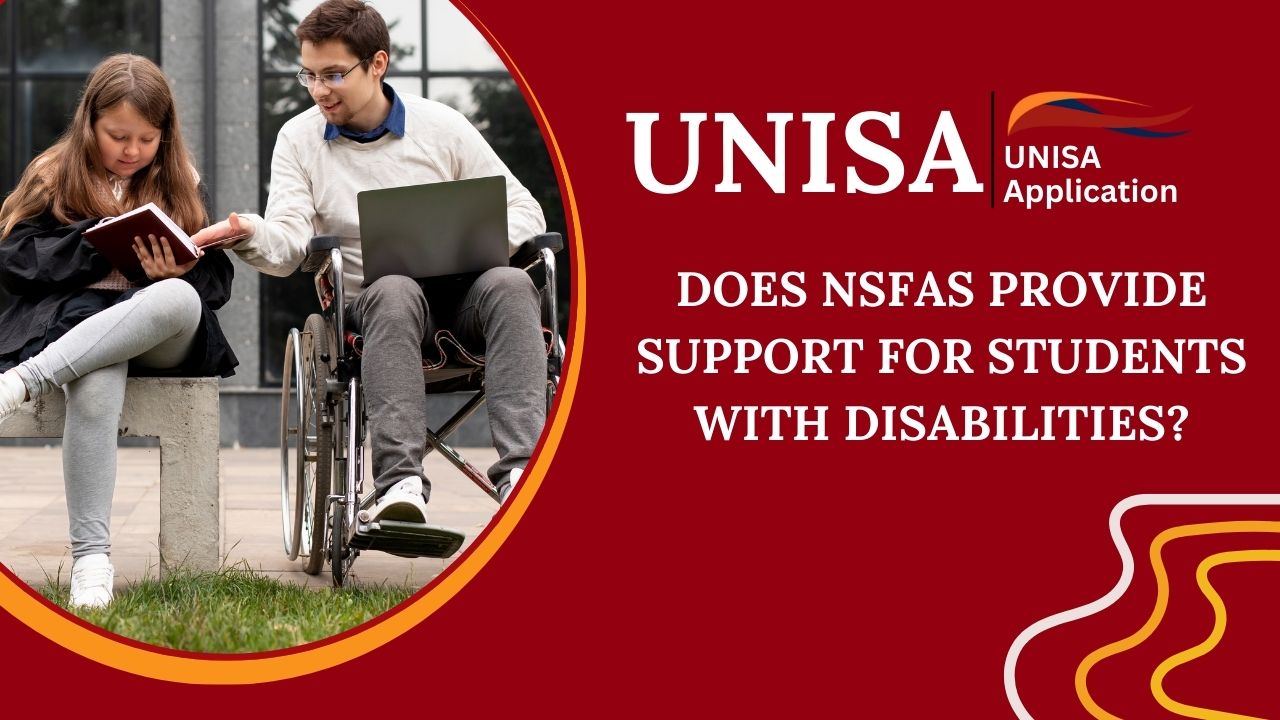
Does NSFAS Provide Support for Students With Disabilities? When it comes to access to higher education in South Africa, financial limitations should never be a barrier, especially not for students with disabilities. That’s where the National Student Financial Aid Scheme (NSFAS) steps in with a dedicated focus on inclusivity and accessibility.
If you or someone you know is living with a disability and planning to study at a public university or TVET college, there is good news: NSFAS does provide financial support specifically tailored for students with disabilities.
Who Qualifies for NSFAS Disability Support?
NSFAS recognises that students with disabilities often face additional financial pressures, such as the cost of assistive devices or specialised learning tools. To qualify for disability-related financial support, the applicant must meet the general NSFAS eligibility criteria, which include:
- South African citizenship
- Acceptance or registration at a public university or TVET college
- Meeting the household income threshold (R350,000 or less per year for most students)
In addition, applicants must submit proof of permanent disability, along with supporting documents.
Required Documents – Annexures A and B
To apply for NSFAS funding for students with disabilities, applicants are required to complete Annexures A and B, which are available for download directly from the official NSFAS website.
These annexures are essential parts of the application process and must be submitted along with:
- A medical report or diagnosis confirming the nature and severity of the disability
- A quotation for assistive devices or equipment that will help the student during their academic journey
These devices may include screen readers, hearing aids, wheelchairs, specialised learning materials, or any other equipment necessary for academic success.
Who Must Apply?
One of the most commendable aspects of the NSFAS Disability Support programme is its custom approach. Unlike the standard funding model, this stream of support is needs-based. That means the funding is calculated based on the specific requirements of each applicant.
- Assistive devices and equipment
- Human support such as sign language interpreters or scribes
- Modified transport
- Special accommodation needs
- Tuition and registration fees
- Prescribed learning materials
- Meals and living allowances
This holistic approach ensures that students are not only accepted into academic institutions but are also empowered to thrive in those environments.
How to Apply for NSFAS Disability Funding
Here’s a step-by-step guide to ensure your application is complete and accurate:
- Visit the NSFAS website and create your myNSFAS account.
- Begin your online application and indicate that you are applying as a student with a disability.
- Download and complete Annexure A (Consent Form) and Annexure B (Disability Annexure).
- Upload all supporting documents, including:
- Certified copy of your South African ID
- Proof of income (if applicable)
- Medical report confirming disability
- Quotation for assistive devices
- Submit the application before the closing date.
It’s important to apply as early as possible to allow enough time for evaluation and to ensure all documentation is in order.
Why Inclusivity in Education Matters
In a country like South Africa, where education is a key driver of transformation, programmes like these are more than just funding—they’re enablers of change. Students with disabilities deserve equal access to quality higher education, and NSFAS plays a crucial role in breaking down those barriers.
Conclusion
So, does NSFAS provide support for students with disabilities? Absolutely, yes. From assistive devices to human support services, NSFAS ensures that students with permanent disabilities have a fair shot at academic and professional success. By completing Annexures A and B and submitting the required documentation, eligible students can access a funding model specifically designed for their unique needs.


